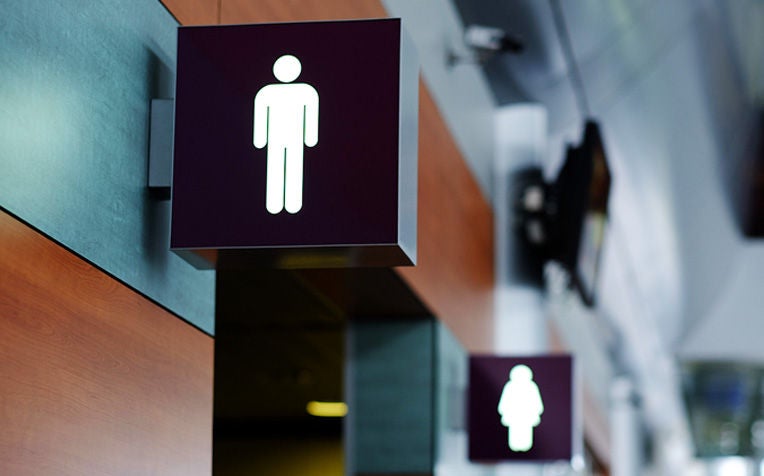1. High blood glucose causes increased thirst, frequent urination, and possible weight loss due to glucose loss.
2. Test blood glucose before meals (target 4-8 mmol/L) and at bedtime (target 6-8 mmol/L).
3. Blood glucose can be high even while fasting due to liver releasing stored glucose.

Tell-tale signs of hyperglycaemia (high blood glucose levels) include thirst, frequent urination and even weight loss.
Tell-tale symptoms of hyperglycaemia (high blood glucose levels)
If you are visiting the restroom more often than usual, there might be something up (literally!) with your body. Hyperglycaemia or high blood glucose levels result in thirst, frequent urination and even weight loss.
This is because when your glucose levels are raised, you will start to lose glucose through your urine. As glucose draws more water into the urine, you feel thirsty and have frequent urination. If this glucose loss persists longer, you may also experience weight loss.
You can easily monitor blood glucose levels with a glucometer, or with a continuous glucose sensor.
Why and when to test blood glucose levels
Your doctor will usually organise a blood test known as HbA1c at each visit to the clinic. This estimates your average glucose level for the past 3 months. However, glucose levels can fluctuate markedly throughout the day. As the HbA1c is done only once every 3-4 months, periodically checking your daily glucose levels and how high or low it has been, can help you make timely changes to your lifestyle and dietary choices. Sharing your blood glucose records with your medical team provides them with better information to adjust your medications appropriately.
Just when is the best time to test your glucose levels?
| When | Ideal Target |
|---|---|
| Pre-meals (before Breakfast, Lunch or Dinner) | 4 – 8 mmol/L |
| At bedtime | 6 – 8 mmol/L |
“We recommend testing blood glucose pre-meals and at bedtime. Pre-meal levels between 4-8 mmol/l, and bedtime target between 6-8 mmol/L are good targets to aim for most people with diabetes. Occasionally, 2-hour post meal testing may be recommended by your diabetes team. 2-hour post-meal reading of less than 10 mmol/l is a good target to aim for”, says Dr Suresh Chandran, Consultant from the Department of Endocrinology at Singapore General Hospital (SGH), a member of the SingHealth group.
Do watch those snacks in between meals though! They may cause your readings to rise above target.
Why is my blood glucose high even though I did not eat anything?
Did you know: Even during fasting periods, your liver releases stored glucose into your blood. People with diabetes have a relatively higher glucose release from their liver, hence your glucose may be high even when you have not eaten anything.
What to do: There are some medications that can help your fasting glucose levels to be better. Do speak to your medical team to find out more.
“Other common causes for high glucose levels also include being unwell, as your body may be producing stress hormones during the illness. Medications that are commonly prescribed during illnesses (eg. steroids) can also increase your glucose levels”, advises Dr Suresh Chandran.
It is a good idea to inform your other doctors about your diabetes condition so they can assess what medications for your flu/cold or other medical conditions would be more appropriate for you.
Read on to learn what to do when hyperglycaemia (high blood glucose levels) occurs.
Ref: L20
Also, check out our other articles on diabetes:
Easy Steps for a Healthy Diabetes Diet
Diabetes: How to Manage Blood Sugar Levels When You Fall Sick
Diabetes Foot Care: 10 Steps to Healthy Feet
Travelling with Diabetes: Tips Before You Go
Hypoglycaemia (Low Blood Glucose): Warning Signs and Symptoms
Contributed by


















 Get it on Google Play
Get it on Google Play